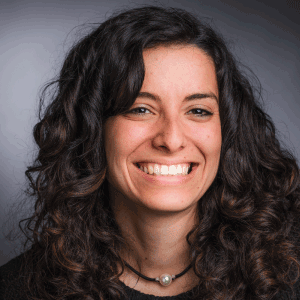Titles + affiliations
Assistant Professor
INSERM Institute of Health and Medical Research
Research
Identification of Niche-Driven Chemo-Protective Pathways in Acute Myeloid Leukemia
Summary
Acute myeloid leukemia (AML) is a cancer caused by the uncontrolled growth of abnormal cells called blasts. As a result of blasts invasion, the bone marrow cannot produce normal blood cells. Current chemotherapy-based treatments are unfortunately not sufficient to cure all patients, and the development of new therapies is key to improve overall survival. The occurrence of AML is the consequence of both genetic abnormalities of leukemia cells - the "seeds" - and changes in their bone marrow microenvironment - the "soil". Recent studies have shown that the "soil" plays a key role in the proliferation, survival and therapy resistance of leukemic cells. The main objective of our research project is to discover new therapeutic targets mediating the "soils’" protective role. Blocking the "seeds" and the "soil" simultaneously should allow the eradication of leukemia cells and ultimately improve patient survival. To experimentally reproduce as closely as possible the real conditions of leukemia cells development within their original environment, we use a mouse model of AML developed within a humanized bone marrow niche. An innovative high-throughput genetic screening method will allow the identification of new therapeutic targets involved in the "seed-soil" relationship, and the understanding of the mechanisms underlying these dependencies. Our research should therefore open the road for the development of new therapeutic avenues for patients suffering from this dismal disease.

Leukemia Research Foundation grant
$100K awarded in 2022
Disease focus
Acute myeloid leukemia (AML)
Research focus
Cancer cell biology (microenvironment)
